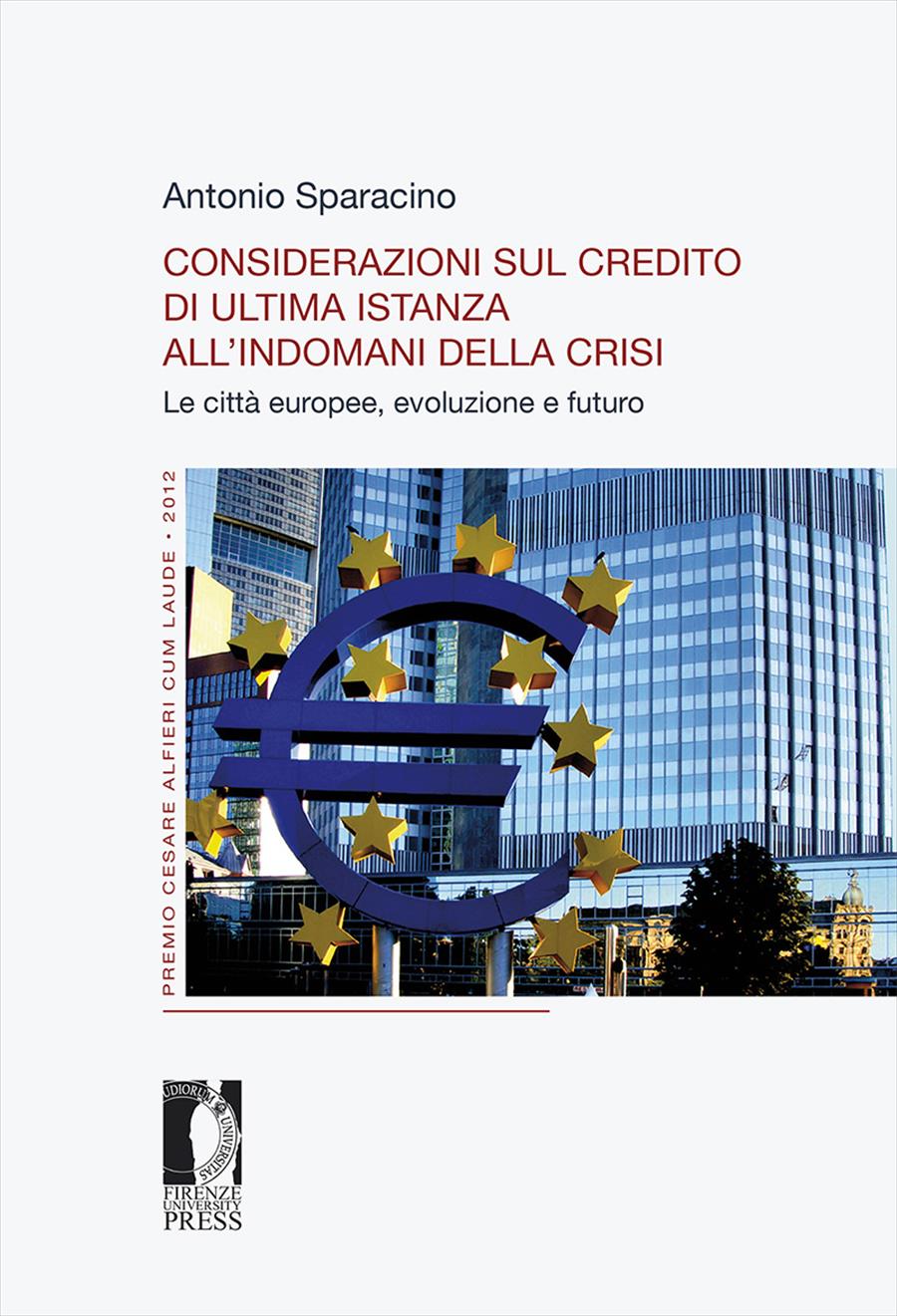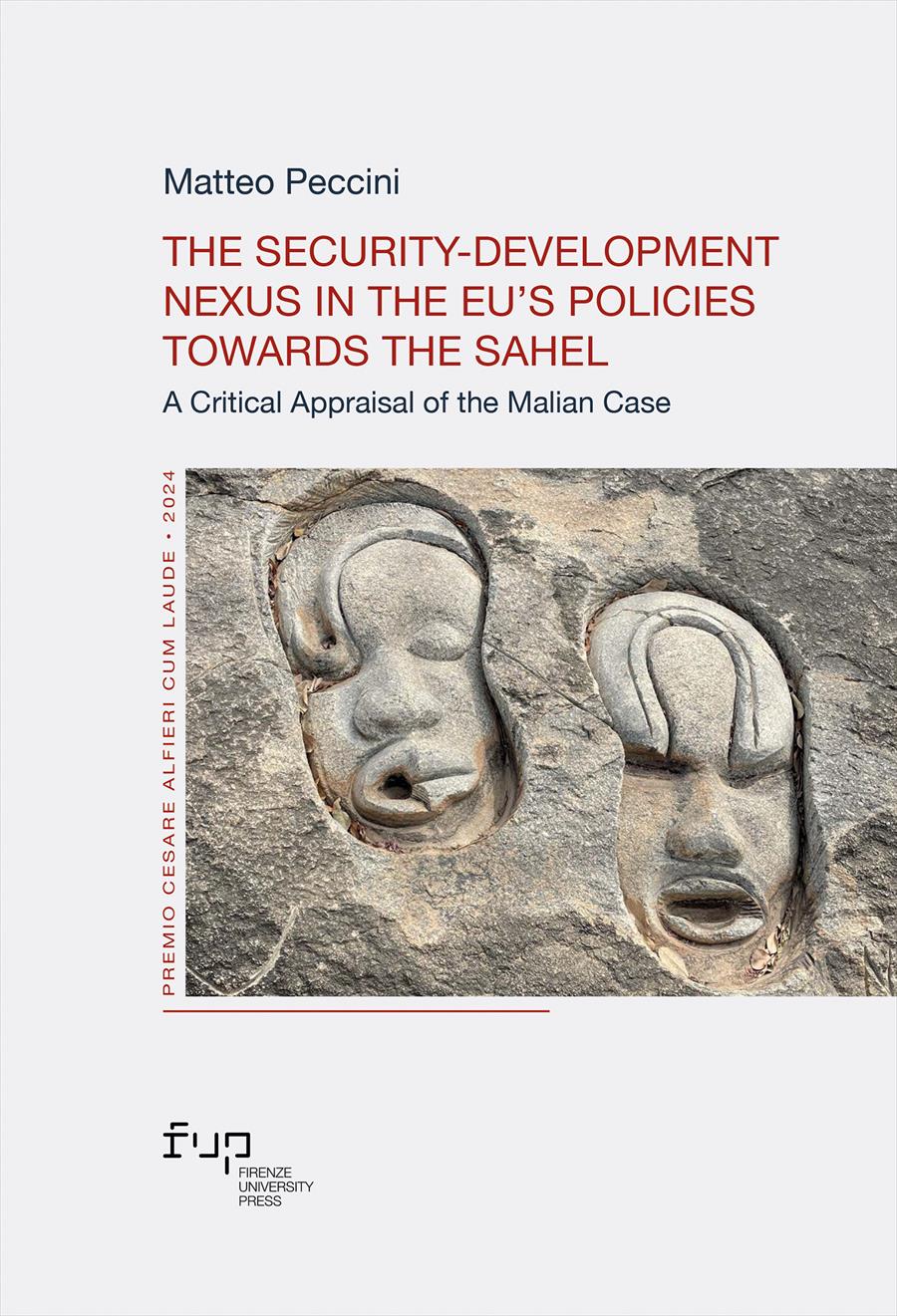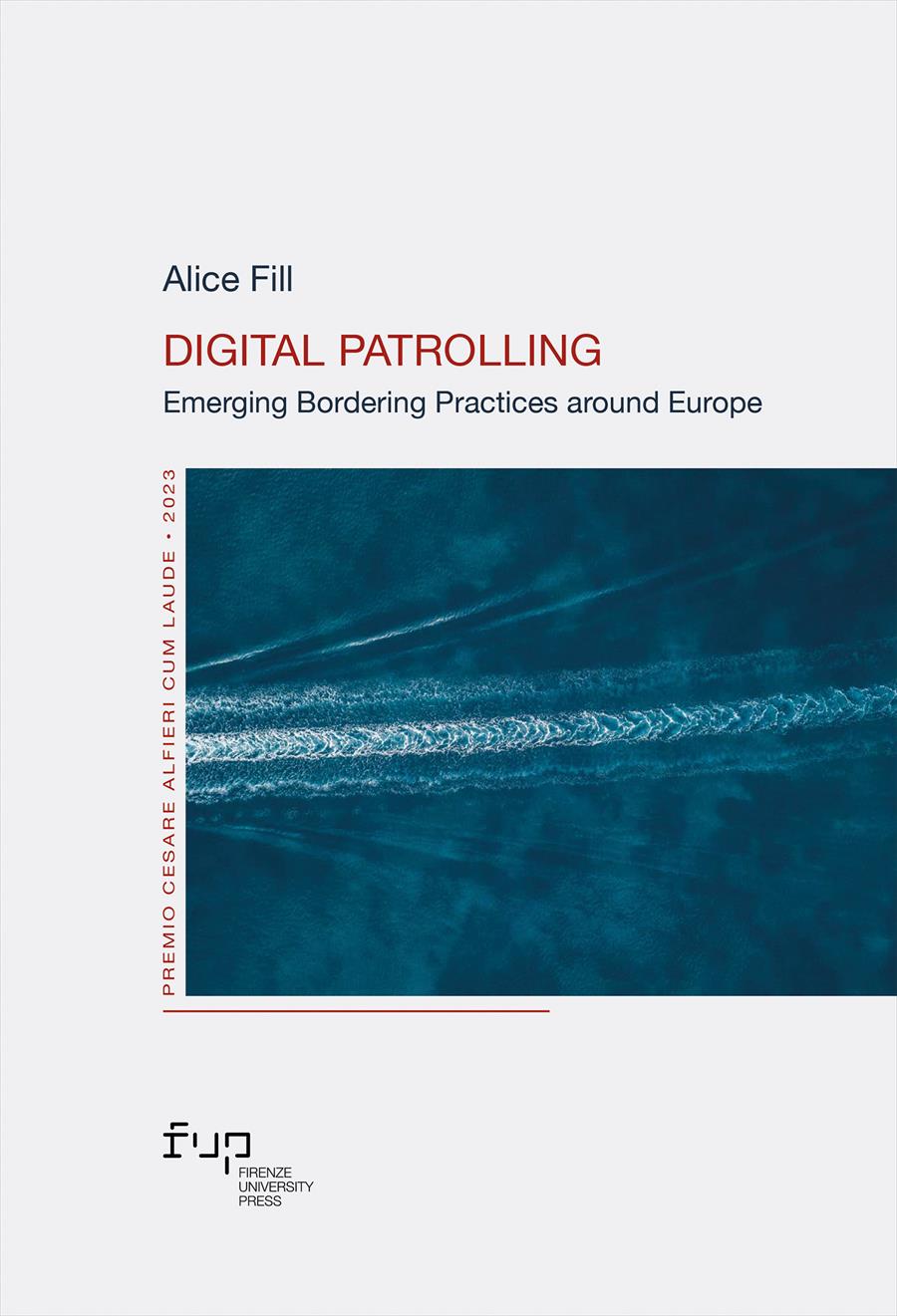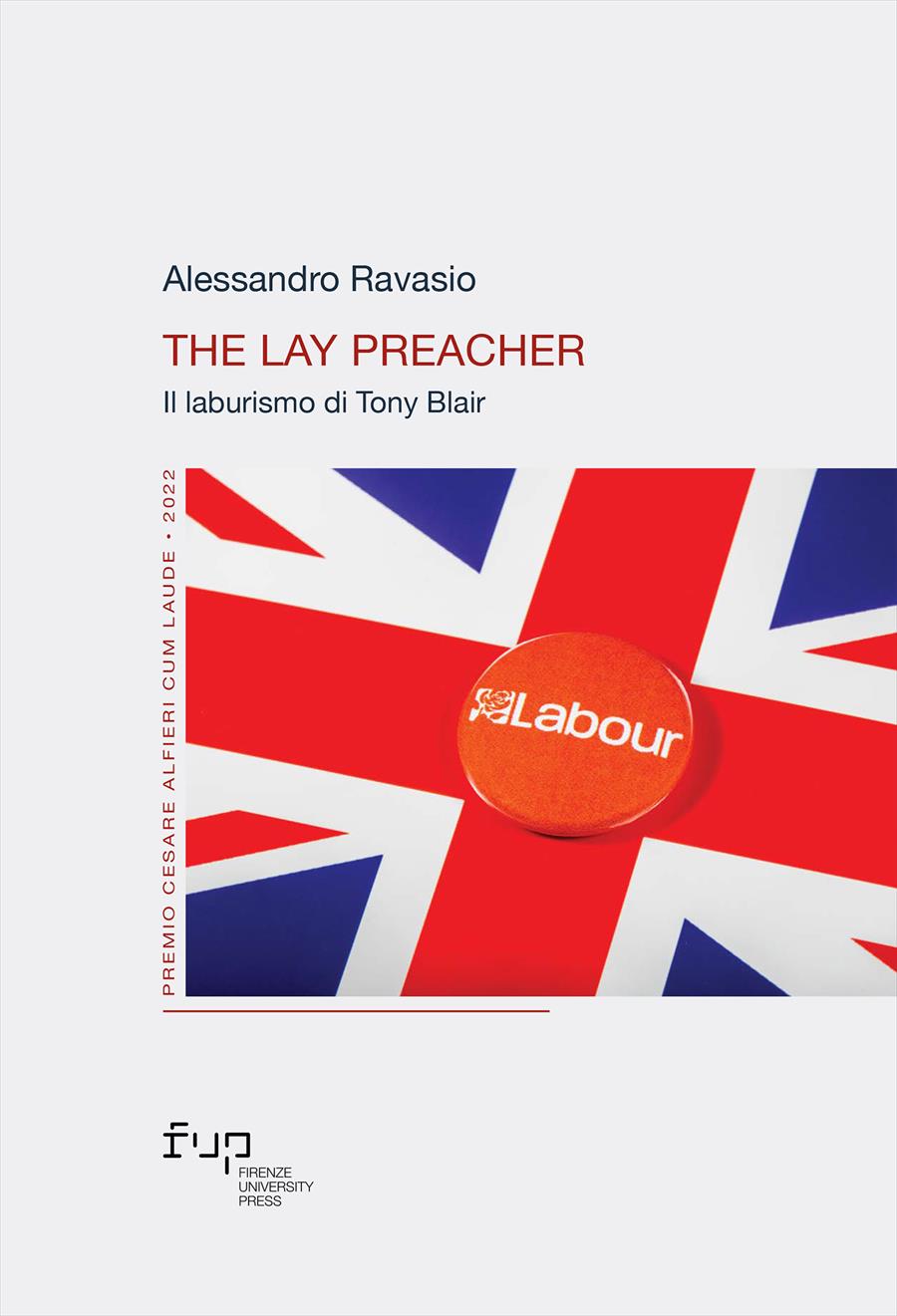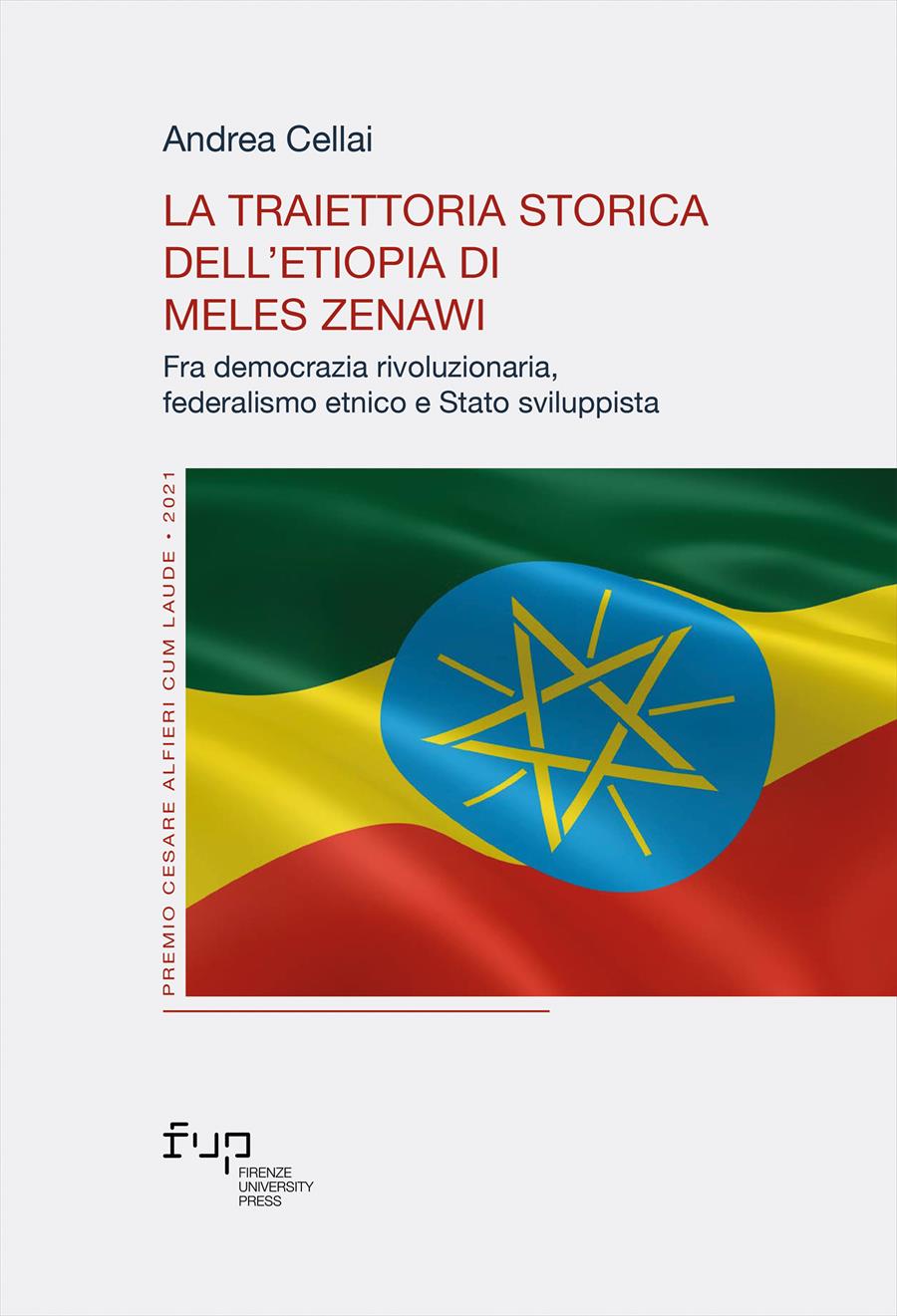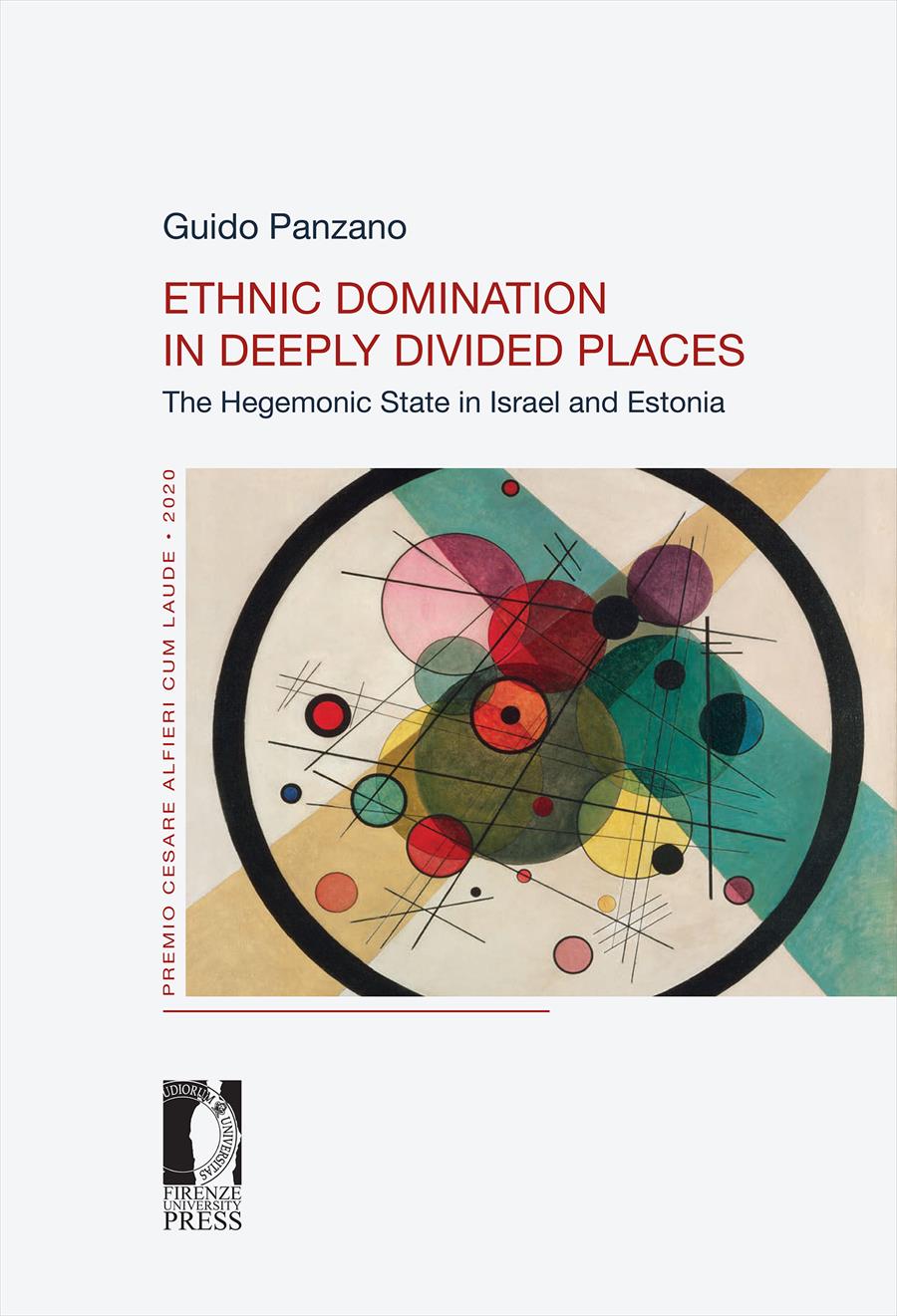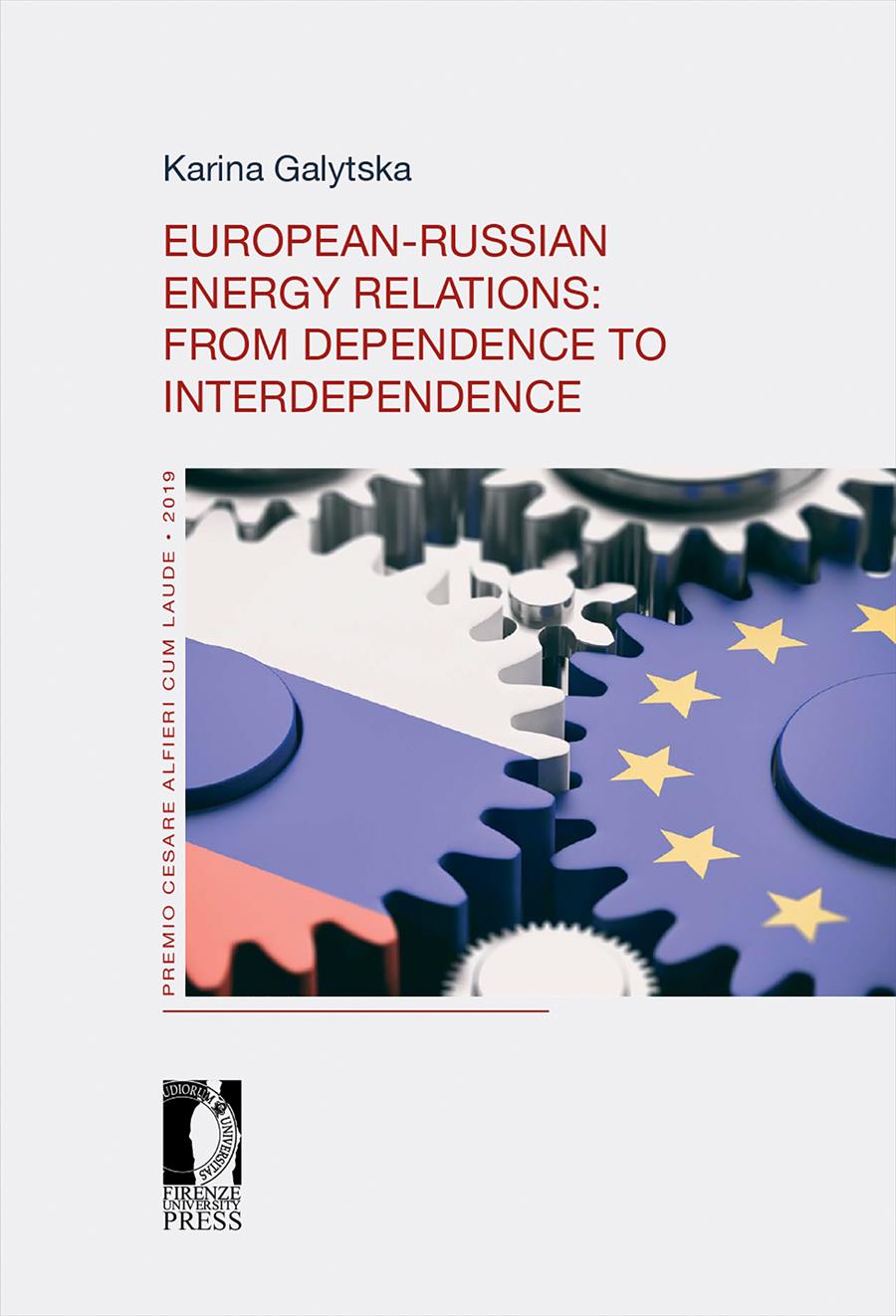Considerazioni sul credito di ultima istanza all’indomani della crisi
Le città europee, evoluzione e futuro
- Antonio Sparacino,
What is the lender of last resort? Why has this category become overwhelmingly topical? From these questions arises a discussion focused on the issues of the 2007-08 financial crisis, on the measures taken by Federal Reserve and the European Central Bank to deal with it, on the developments of the even more recent sovereign debt crisis. A critical reflection traced in the wake of the contributions of some of the most eminent economists - balancing between theory and practice - aimed at opening a glimpse into the understanding of events which are felt as distant from the perception of non-professionals, but which strongly influence the life of the community with fundamental consequences.
- DOI: 10.36253/978-88-6655-430-1
- Series: Premio Cesare Alfieri «Cum Laude»
- Scientific Board
- Language: Italian
- Subjects: Law Economics
Purchase
- Publication Year: 2013
- Pages: 110
- eISBN: 978-88-6655-430-1
- Content License: CC BY-NC-ND 3.0 IT
- © 2013 Author(s)
- Publication Year: 2013
- eISBN: 978-88-6655-431-8
- Content License: CC BY-NC-ND 3.0 IT
- © 2013 Author(s)
- Publication Year: 2013
- Pages: 110
- ISBN: 978-88-6655-429-5
- Content License: CC BY-NC-ND 3.0 IT
- © 2013 Author(s)
- Publication Year: 2013
- eISBN: 978-88-9273-462-3
- Content License: CC BY-NC-ND 3.0 IT
- © 2013 Author(s)
Bibliographic Information
Book Title
Considerazioni sul credito di ultima istanza all’indomani della crisi
Book Subtitle
Le città europee, evoluzione e futuro
Authors
Antonio Sparacino
Peer Reviewed
Number of Pages
110
Publication Year
2013
Copyright Information
© 2013 Author(s)
Content License
Metadata License
Publisher Name
Firenze University Press
DOI
10.36253/978-88-6655-430-1
ISBN Print
978-88-6655-429-5
eISBN (pdf)
978-88-6655-430-1
eISBN (epub)
978-88-6655-431-8
eISBN (xml)
978-88-9273-462-3
Series Title
Premio Cesare Alfieri «Cum Laude»
Series ISSN
2612-8063
Series E-ISSN
2704-5730
